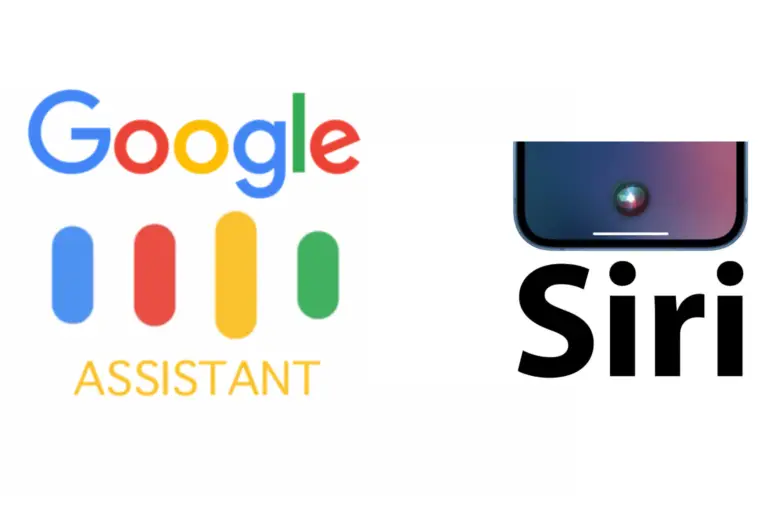
Criticism arises over the proposal to train AI to Facebook and Instagram posts
Digital rights groups don’t like Meta’s plan to train AI with public Facebook and Instagram posts and photos, which has led to complaints to European data protection authorities.
Digital rights groups have spoken out against Meta’s plans to use public posts and photos on Facebook and Instagram to train AI tools that work for the parent company.
The large social media company recently informed users in the UK and Europe that, starting on June 26, it will use their data to “develop and improve” its AI products. This is because of changes to its privacy policies.
These are posts, photos, captions for pictures, comments, and stories that Facebook and Instagram users over the age of 18 have shared with everyone, not just their friends. A European digital rights organization has labeled them as abusers of personal data, using AI to process years’ worth of user content on their websites. It has complained to 11 data protection authorities across Europe and asked them to stop the company’s plans right away.
The company Meta said it was sure that its method followed privacy laws and was similar to how other large tech companies in Europe used data to create AI experiences. In a blog post on May 22, it was stated that European user data would help them roll out their generative AI experiences to more people, in part by giving them more useful training data.
The study stated, “We need to train these features and experiences on information that reflects the diverse cultures and languages of European communities.” Tech companies are scrambling to get their hands on new data in a variety of formats so they can build and improve models that can power chatbots, image generators, and other popular AI products.
In February, Mark Zuckerberg, CEO of Meta, said on an earnings call that the company’s “unique data” would be important to its AI “playbook” going forward.
“There are hundreds of billions of publicly shared photos and tens of billions of publicly shared videos,” he told investors. He also said that the company could see a lot of publicly posted text in the comments. In May, Chris Cox, the company’s chief product officer, stated that the company already uses public data from Facebook and Instagram users for its generative AI products that are sold in other countries.
People have also expressed dissatisfaction with Meta’s communication regarding the modifications to their data usage. Users of Facebook and Instagram in the UK and Europe recently received a message or email explaining how AI will use their data starting on June 26.
This means that the company is processing people’s data because it has “legitimate interests.” This means that people can use their “right to object” to choose not to have their data used for AI. When a user opens the notification and clicks on the hyperlinked “right to object” text, a form asking them to explain how the processing would affect them appears.
Noyb and people online who say they have tried to opt out have both said bad things about the process. One person on X wrote a series of posts about it and called it “highly awkward.” Someone else said they were worried that people who want to object might not do so if they have to fill out a form and explain how the processing affects them.
Max Schrems Criticizes Meta’s Privacy Policies
Max Schrems, co-founder of Noyb, said, “Putting the responsibility on the user is completely ridiculous.”
Mr. Schrems is an Austrian lawyer and activist who has fought against Facebook’s privacy policies in the past. He stated that Meta should ask users to agree and opt-in, “not hide an opt-out form that isn’t clear.”
If Meta wants to use your information, you have to say yes. Instead, they make users beg to be left out. According to Meta, competitors use the method, which is legal.
Its privacy policy says that if someone objects, it will stop using the information unless there are “compelling” reasons that are more important than the user’s rights or interests. The company says it may still use some information about you for its AI products even if you don’t have a Meta account or successfully object. For example, if you are in a picture that someone else posts on Facebook or Instagram and tags you, Meta may still use that information.
According to Schrems, “Meta is saying that it can use any data from any source for any purpose and make it available to anyone in the world” Because its headquarters are in Dublin, the Irish Data Protection Commission is in charge of making sure Meta follows EU data law.


